Putin Strongly Condemns G7's $50 Billion Loan Decision for Ukraine
Russian President Vladimir Putin has issued a fervent condemnation of the Group of Seven's (G7) decision to provide Ukraine with a $50 billion loan package. The funding, sourced from the interest accumulated on frozen Russian assets, has been labelled as 'theft' by Putin, igniting a fresh wave of tension on the global stage. Addressing the Ministry of Foreign Affairs, he sharply criticized the move and accused Western nations of laying the groundwork to justify these asset freezes under the veneer of legality. His remarks underscore the friction between Russia and Western powers as they navigate sanctions, military conflicts, and economic measures.
The G7 Summit Agreement
The contentious decision emerged from the recent G7 summit held in Italy, which included participation from Canada, France, Germany, Italy, Japan, the United Kingdom, and the United States, alongside the European Union. The agreement's primary objective is to assist Ukraine in fortifying its defense capabilities and reconstructing infrastructure ravaged by ongoing conflict. US President Joe Biden lauded the deal, describing it as a pivotal achievement that signaled unyielding Western resolve against Russian aggression.
Western Rationale and Russian Denouncement
For Putin, however, the agreement represents a grave injustice. Asserting that this treatment could potentially extend to any nation, he metaphorically depicted the actions of the G7 as a Pandora's box, ominously warning that it would not go unpunished. Russian Foreign Ministry spokeswoman Maria Zakharova echoed his sentiments, dismissing the deal as 'mere pieces of paper' devoid of legitimate authority.
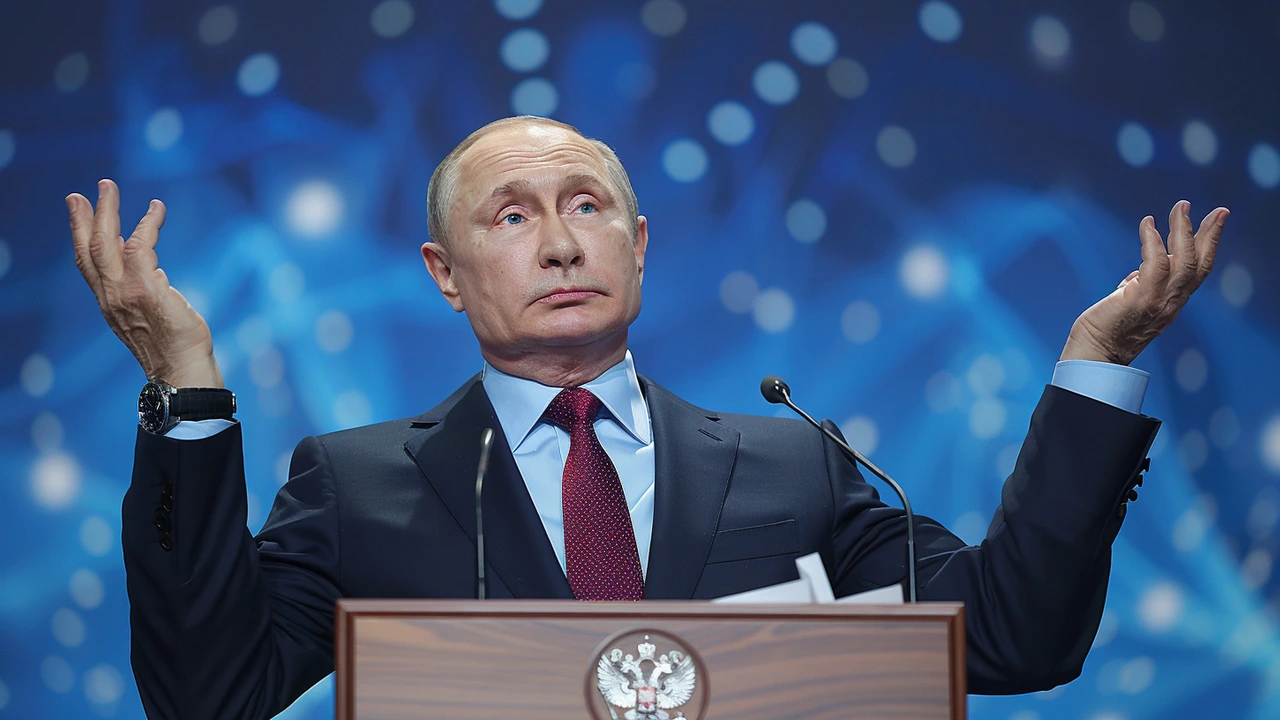
Global Security and New Proposals
In a broader context, Putin elaborated on what he perceives as the disintegration of the 'Western model' of global security. This historic juncture, described by him as the 'point of no return,' calls for the establishment of a novel and more resilient international security system. Russia’s position, despite current geopolitical strains, remains ostensibly open to dialogue with all interested parties, including the United States-led NATO military alliance, to conceptualize and develop this new security framework.
Implications for Ukraine
The loan package, worth an estimated $50 billion, serves a dual purpose for Ukraine. First, it aims to bolster the embattled nation's ability to defend itself against ongoing conflicts. Second, it is crucial for the large-scale reconstruction efforts needed to repair and rebuild critical infrastructure that has been ravaged during the prolonged period of unrest. Specifics of the agreement are still in flux and will be finalized over the coming weeks, but the overall aim is to ensure that the funds are disbursed by the end of the year, thereby offering timely assistance to Ukraine in its hour of need.
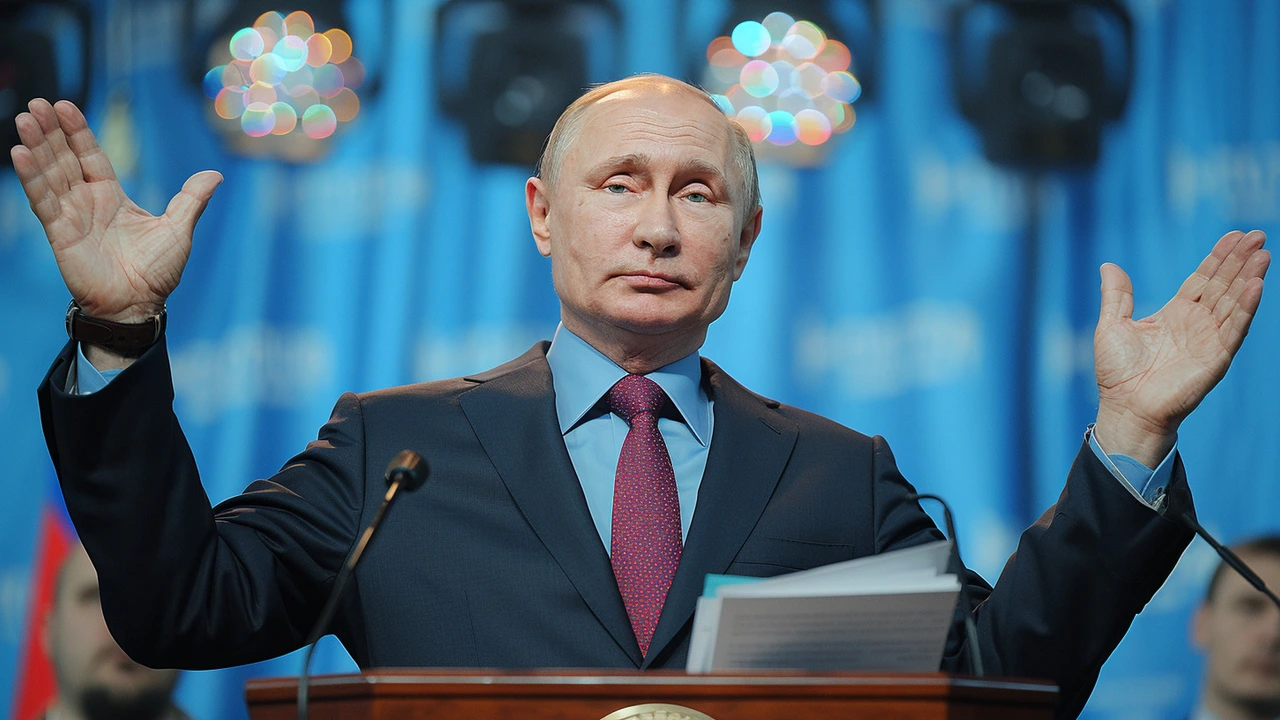
Political and Economic Repercussions
The G7’s decision is not just a financial maneuver but a symbolic gesture that consolidates the Western alliance against Russia's actions. It amplifies the geopolitical schism and raises questions about the broader implications for global economic and political stability. The European Union’s involvement in the summit underscores its commitment to shared Western objectives, even as it grapples with its internal divisions and economic challenges.
For Russia, the financial and diplomatic stakes are sky-high. Already grappling with the economic toll of sweeping sanctions, the characterization of the asset freeze as 'theft' resonates with a broader narrative of Western exploitation and double standards. Putin's calls for a new security apparatus reflect a desire to reposition Russia as a central player in any future global order, notwithstanding current conflicts.
A Call for International Dialogue
At a time when geopolitical tensions are at an all-time high, Putin’s overture for international dialogue could act as a tentative step towards de-escalation. Conversations around establishing a new security system may serve as a diplomatic pressure valve, although realization of such discussions remains speculative amid ongoing hostilities. Such a system, if achieved, might aim to address not only the immediate conflict but also set a precedent for handling future geopolitical crises.
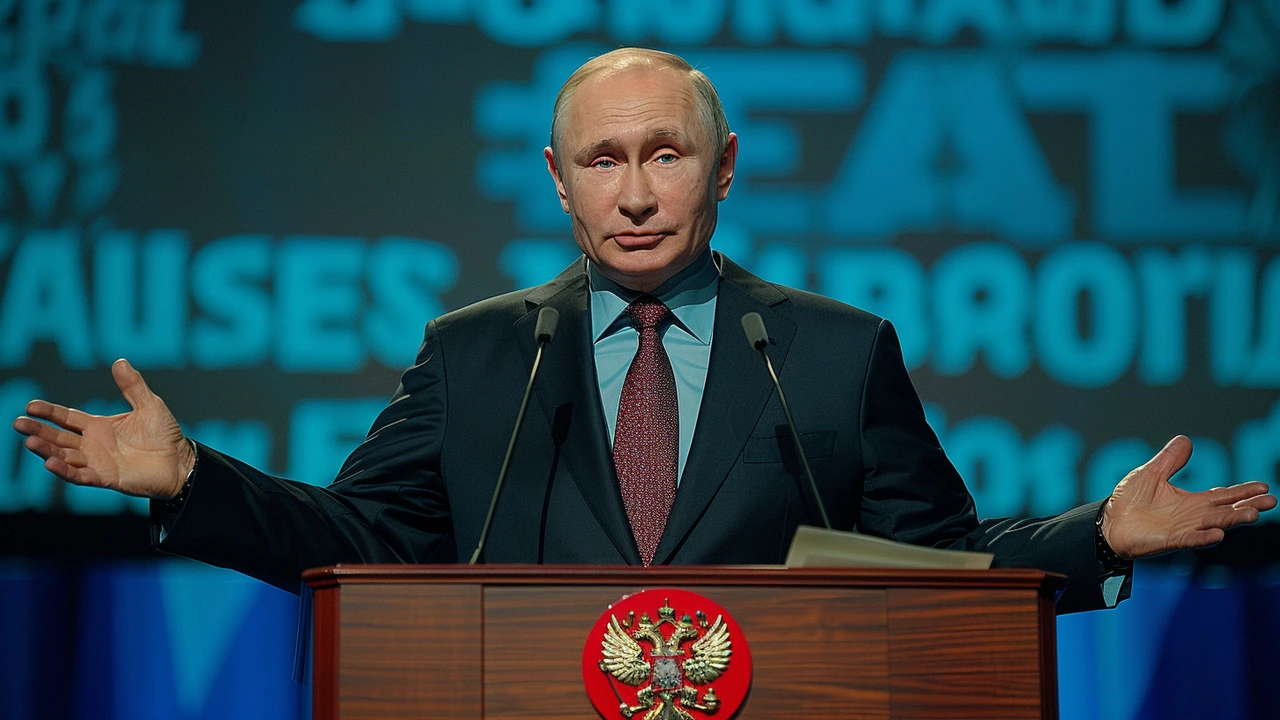
The Broader Context
In sum, the G7’s decision to support Ukraine with a substantial loan funded by frozen Russian assets has added another layer of complexity to the already intricate geopolitical landscape. As both sides continue to assert their stances, the world watches closely, aware that these diplomatic maneuvers will not just determine the fate of Ukraine but could potentially reshape international relations in the years to come.
As details of the agreement solidify in the coming weeks, it remains to be seen how the funds will impact Ukraine and what further reactions, diplomatic or otherwise, will emerge from Moscow. What is clear is that this development marks yet another significant chapter in the ongoing saga of East-West relations, one that promises to influence the global order in profound and enduring ways.

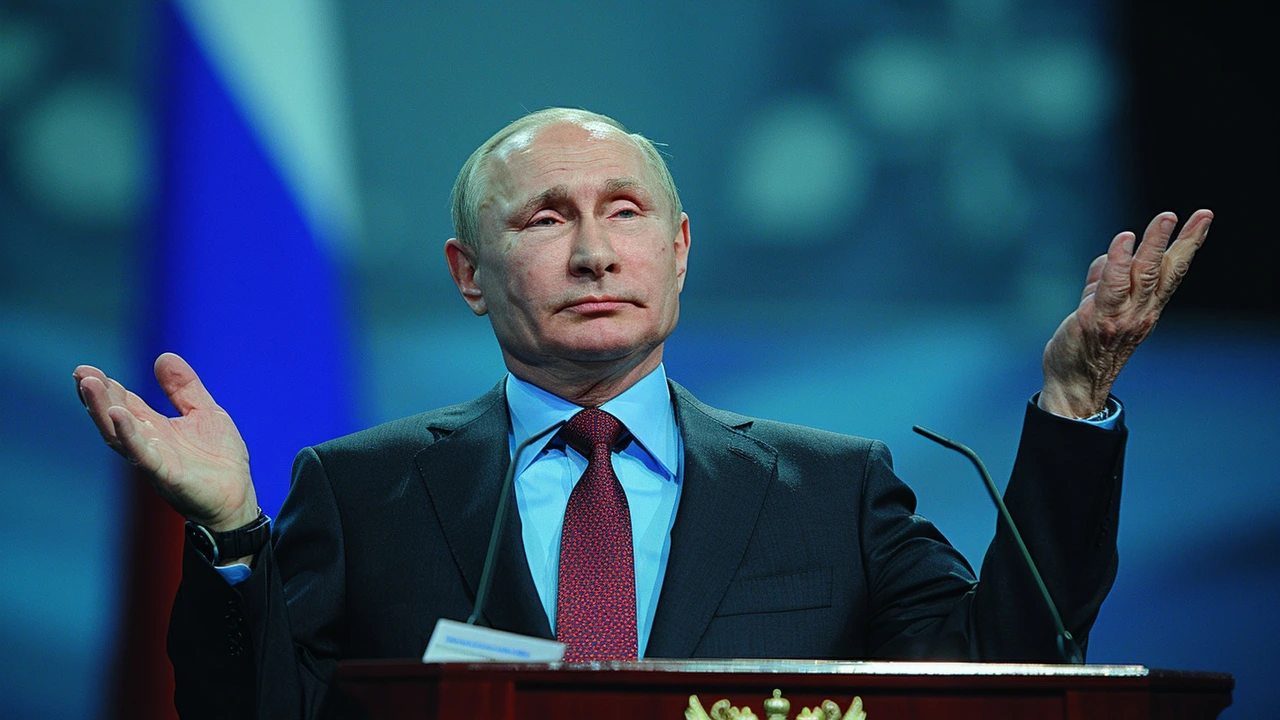

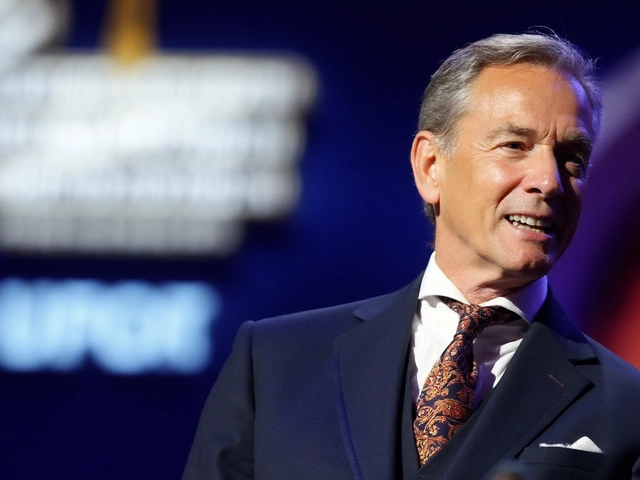



Lester Focke
June 14, 2024 AT 19:31 PMFrom a jurisprudential perspective, the appropriation of interest accrued on sovereign assets raises intricate questions regarding the sanctity of state‑owned capital and the precedential implications for international law. While the G7 frames the mechanism as a temporary measure pending a resolution of the conflict, the legal doctrine of sovereign immunity traditionally shields such assets from external seizure. Moreover, the delineation between punitive sanctions and financing of allied defense efforts blurs the boundary, potentially setting a contentious precedent for future geopolitical disputes. In essence, the deployment of frozen asset yields constitutes not merely a financial maneuver but a profound redefinition of property rights on the global stage.
Naveen Kumar Lokanatha
June 16, 2024 AT 03:06 AMi think its important to remember that these freeze decisions also impact ordinary people in russia who arent involved in the gov policies they can feel the effect in their everyday lives its not just abstract numbers
the loan could help ukraine rebuild but we should also ask how sustainable this funding is over the long term
Alastair Moreton
June 17, 2024 AT 08:16 AMHonestly, the whole ‘theft’ narrative is just a side‑show for the real power play – keep the West united while Russia looks for scapegoats.
Surya Shrestha
June 18, 2024 AT 10:40 AMOne must, however, consider the broader ramifications of such a financial stratagem; the precedent it establishes for the expropriation of sovereign wealth is, frankly, disquieting. The G7 appears to be operating under the auspices of moral authority while simultaneously circumventing established norms of international finance. In doing so, they risk eroding the very legal architecture that underpins global economic stability.
Rahul kumar
June 19, 2024 AT 15:50 PMLet me break it down – the loan’s interest fund comes from assets that are basically on ice, so it’s not new money, it’s repurposed cash. That means Ukraine gets cash flow without bumping up taxes on its citizens. Plus, the mechanism can be tweaked later if the freeze policy changes, giving some flexibility.
mary oconnell
June 20, 2024 AT 21:00 PMAh, the sweet symphony of geopolitical jargon – ‘theft’ as a rhetorical flourish, while the real melody is the West’s relentless pursuit of a narrative that paints Russia as the perennial villain. It’s almost poetic, if you enjoy watching the circus of double‑talk.
Michael Laffitte
June 22, 2024 AT 02:10 AMWhoa, this is like the plot twist no one saw coming.
sahil jain
June 23, 2024 AT 07:20 AMSupercharged move by the G7 – they’re really leaning into this, huh? 😏
Bruce Moncrieff
June 24, 2024 AT 12:30 PMLook, the loan’s heavy on symbolism, but the real impact will be measured in concrete rebuilding projects, not just headlines – it’s time to watch the ground‑level progress.
Dee Boyd
June 25, 2024 AT 17:40 PMIt is morally indefensible to confiscate another nation’s assets under the pretext of ‘helping’ a third party; such actions erode the ethical foundations upon which international cooperation should rest.
Carol Wild
June 26, 2024 AT 22:50 PMThe entire episode feels like a grand theater of deception, where the audience is fed a script that glorifies western benevolence while ignoring the subtle chains it forges around global finance. Every clause in the loan agreement is laced with hidden stipulations that, if scrutinized, reveal a pattern of coercive diplomacy. One cannot help but notice the convenient timing, coinciding with elections and policy shifts in several member states, as if the financial package serves dual purposes. The narrative of ‘theft’ is, in reality, a mirror reflecting the West’s own appetite for resource extraction, albeit cloaked in humanitarian rhetoric. Moreover, the notion that frozen assets can be repurposed without a clear legal mandate opens a Pandora’s box of sovereignty violations. History teaches us that once a precedent is set, it rarely stays confined to its original context; future conflicts could see similar justifications invoked. The humanitarian veneer masks a strategic maneuver to weaken Russia’s economic foothold while simultaneously bolstering the G7’s financial hegemony. In addition, the loan’s reliance on interest yields does not address the underlying issue of asset ownership, merely sidestepping it with financial engineering. Critics who dismiss the move as mere ‘political theater’ overlook the broader implications for international banking standards. The subtle shift from overt sanctions to covert asset utilization signifies an evolution in economic warfare methodology. The G7’s confidence in this approach betrays an assumption that global governance can be reshaped at will, ignoring the pushback from entities like the IMF and World Bank. Indeed, the long‑term repercussions could destabilize markets, as investors grapple with the unpredictability of asset status. Ultimately, the episode underscores a troubling reality: power structures will employ any tool-legal, moral, or financial-to maintain dominance, and the public discourse often remains oblivious to the intricacies of these maneuptions.
Rahul Sharma
June 28, 2024 AT 04:00 AMWhile the analysis is thorough, one must also consider the cultural dimensions: the perception of asset appropriation varies across regions, and the G7’s actions could be interpreted as an affront to national dignity. Moreover, transparency in the loan’s disbursement process is essential to prevent misuse and to maintain legitimacy.
Emily Kadanec
June 29, 2024 AT 09:10 AMJust a heads‑up: if the loan isn’t managed well, it could end up being more trouble than help.